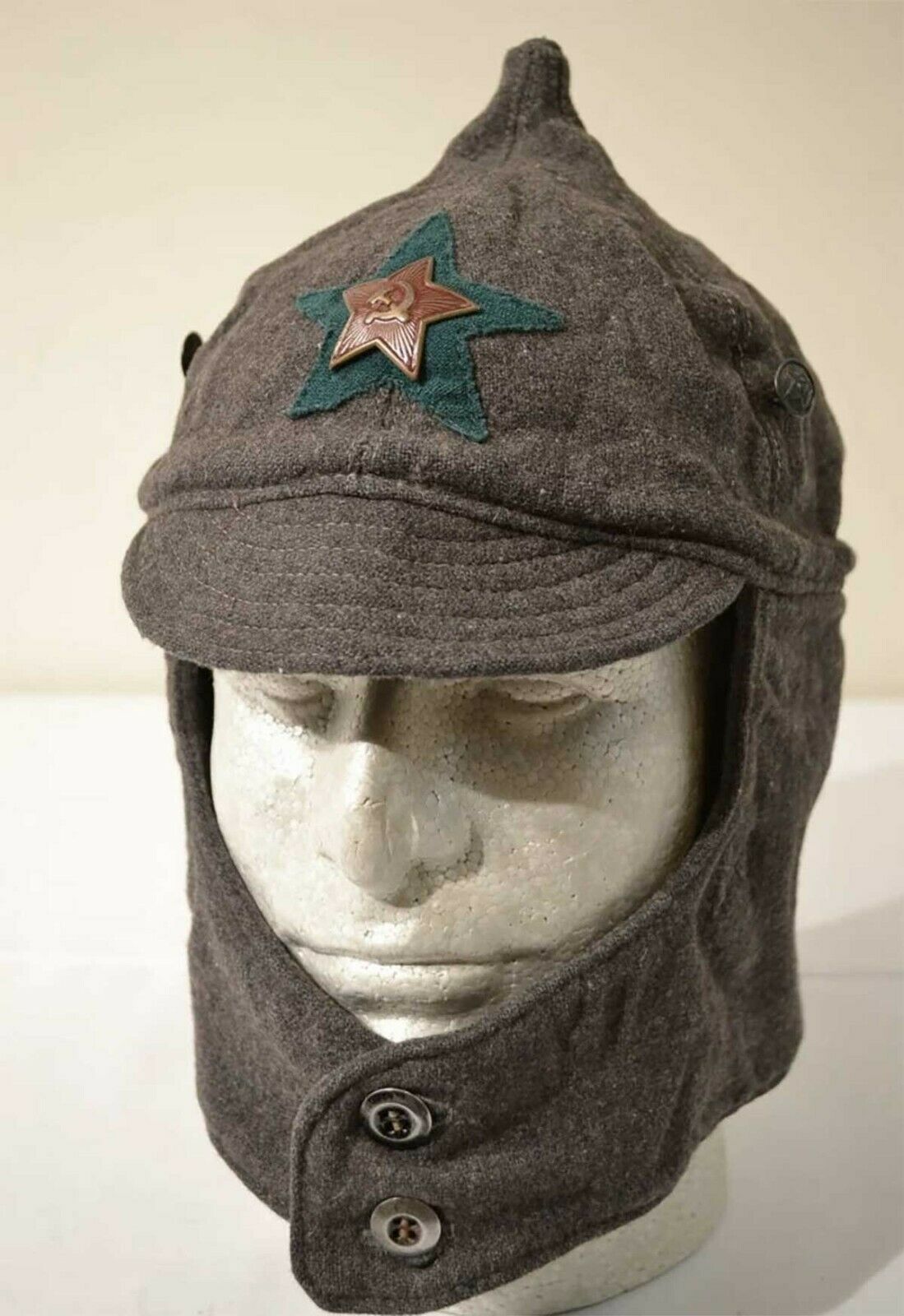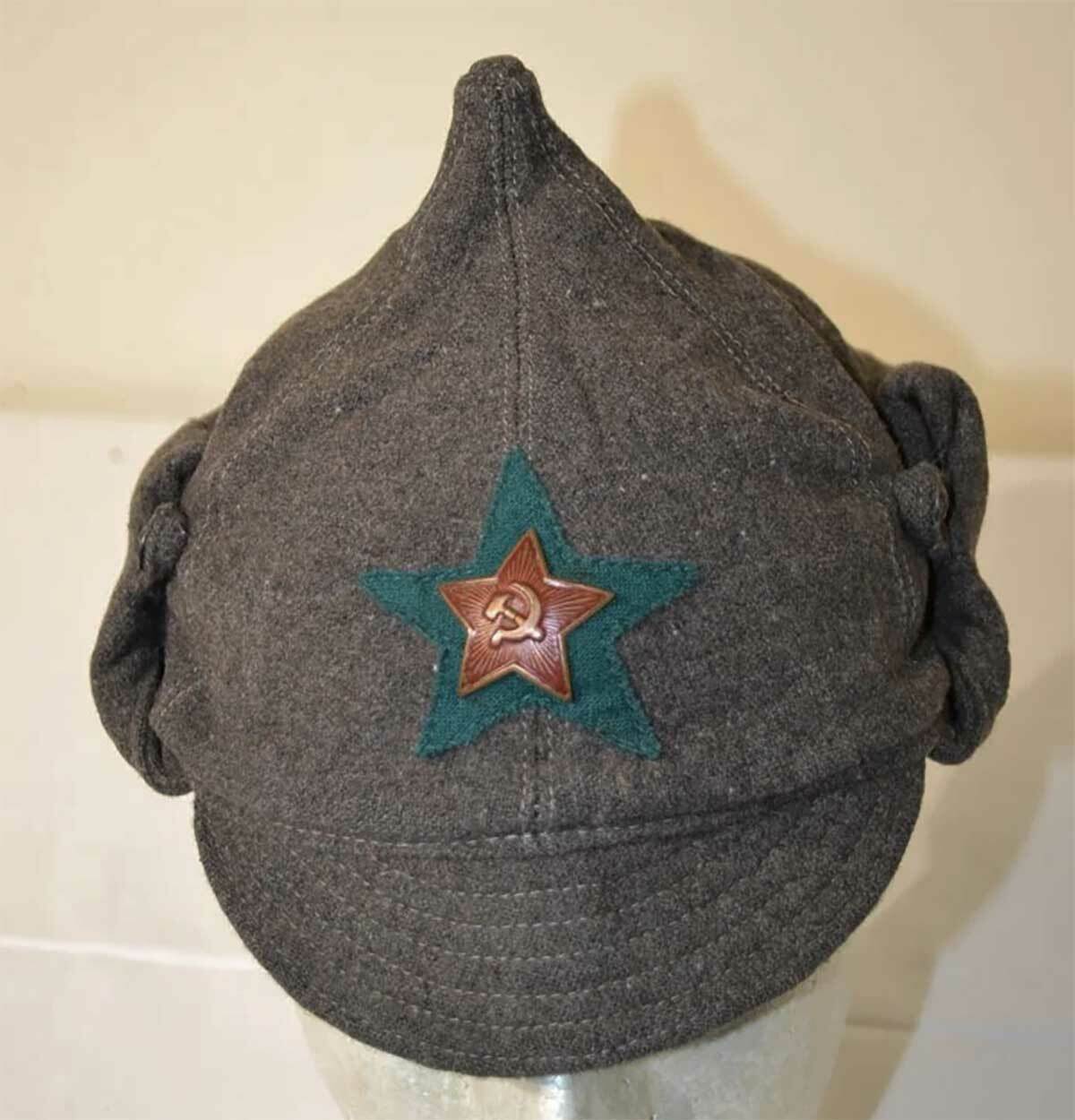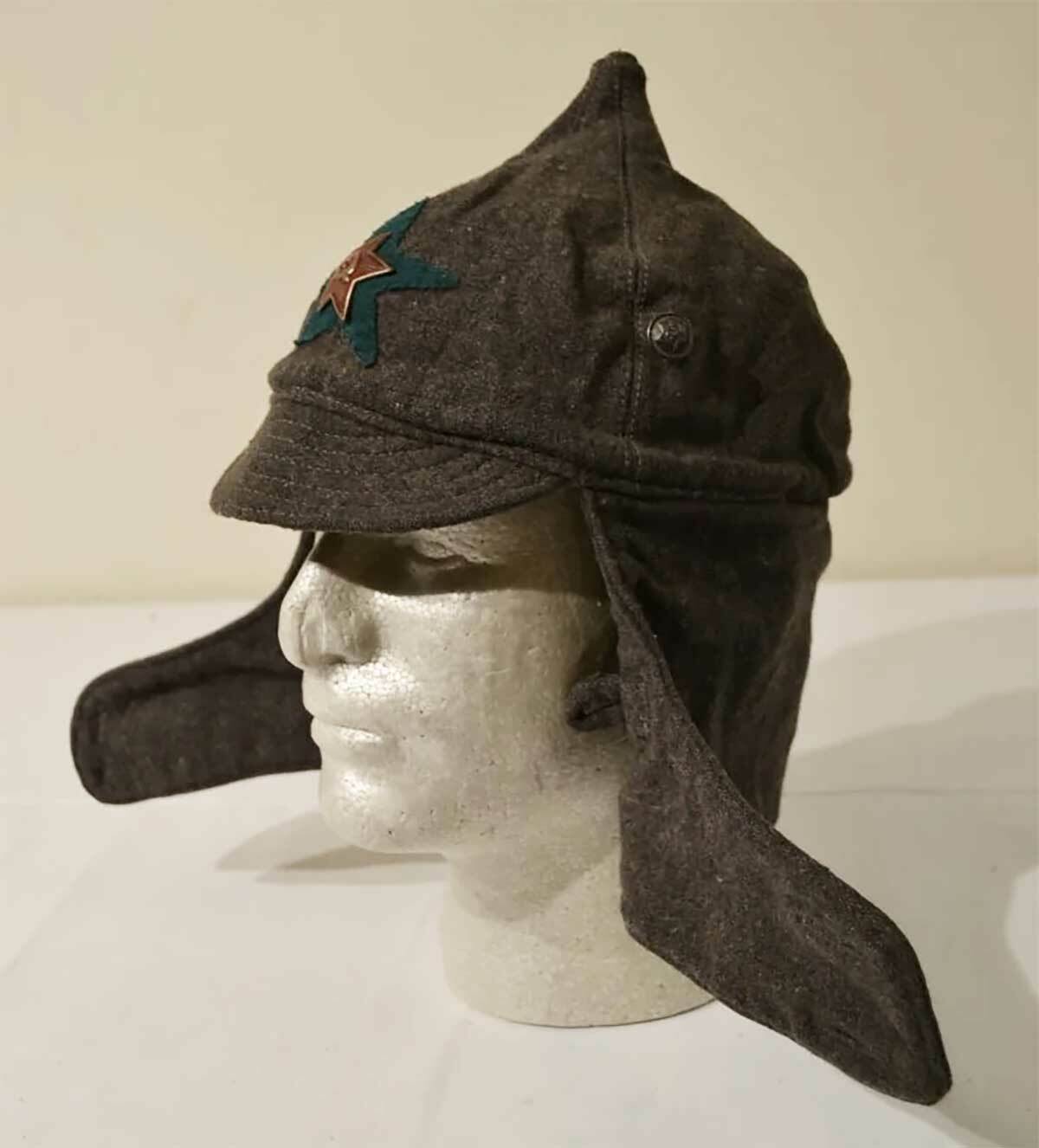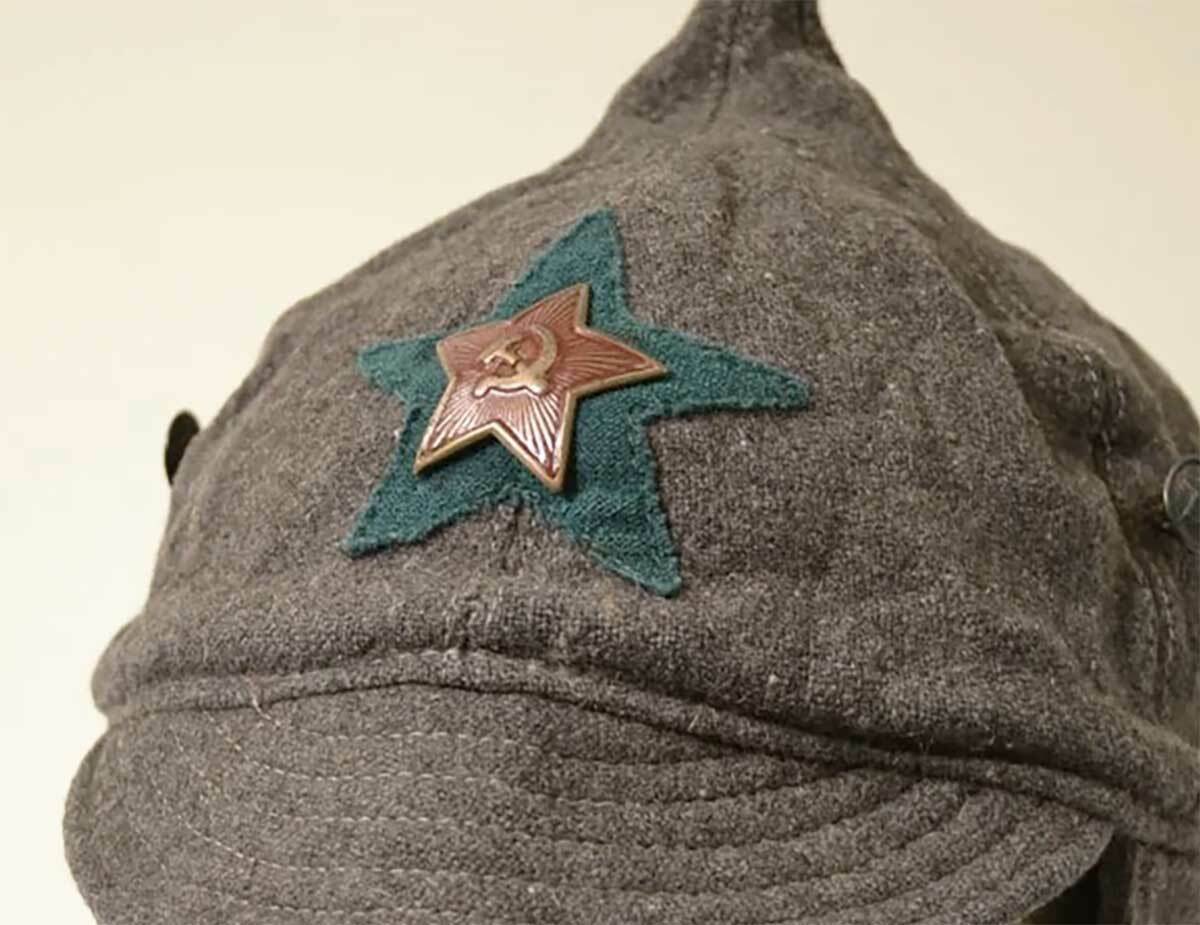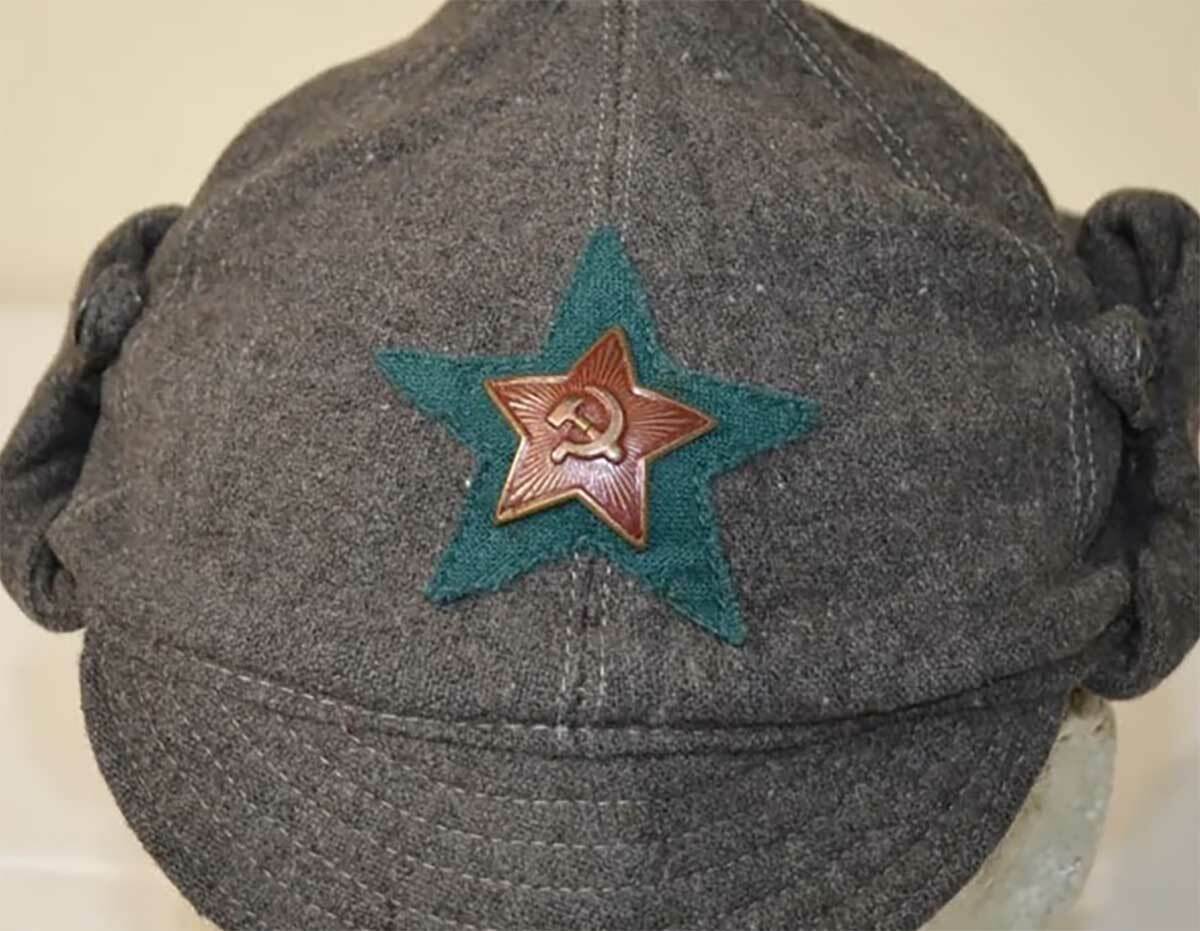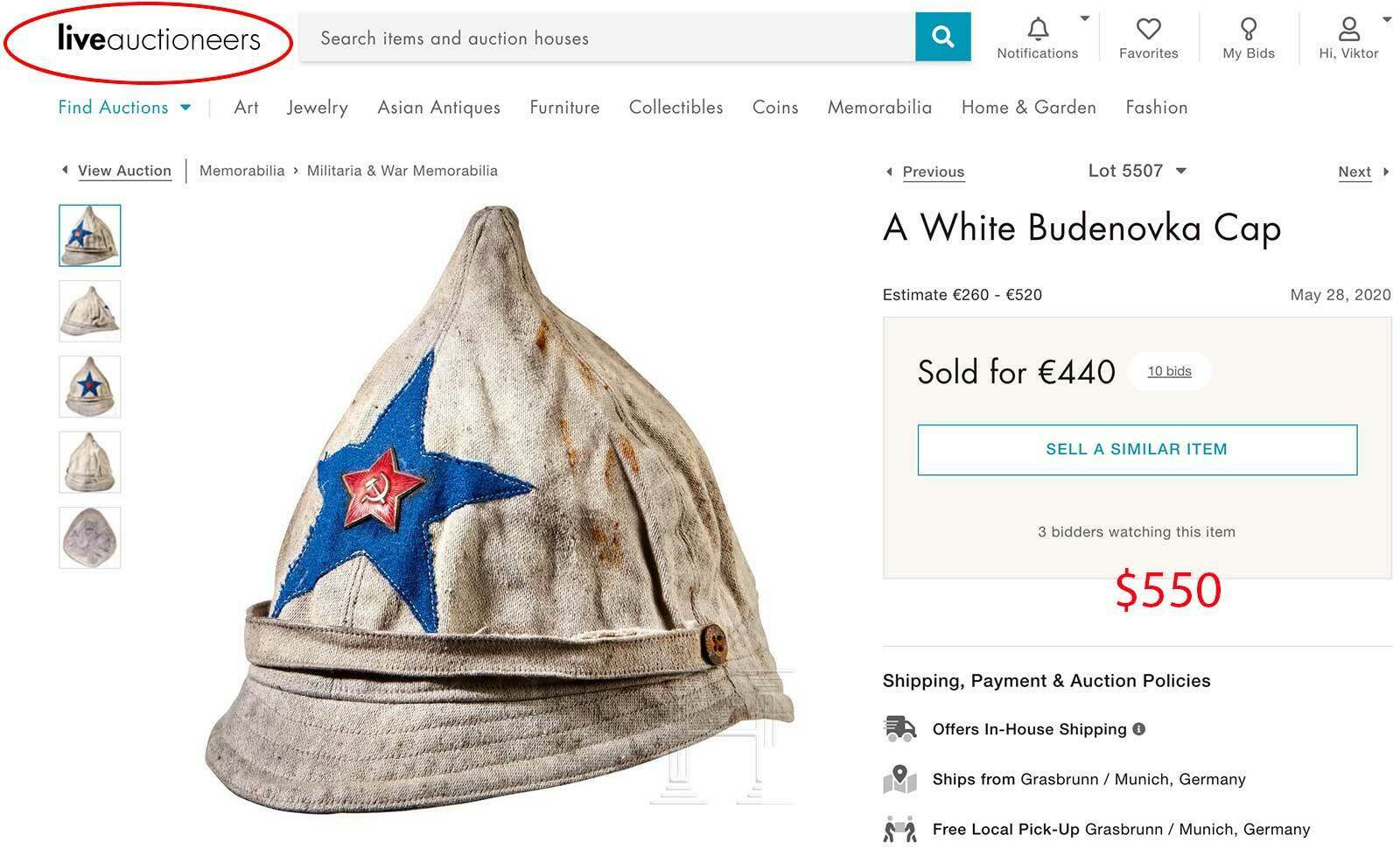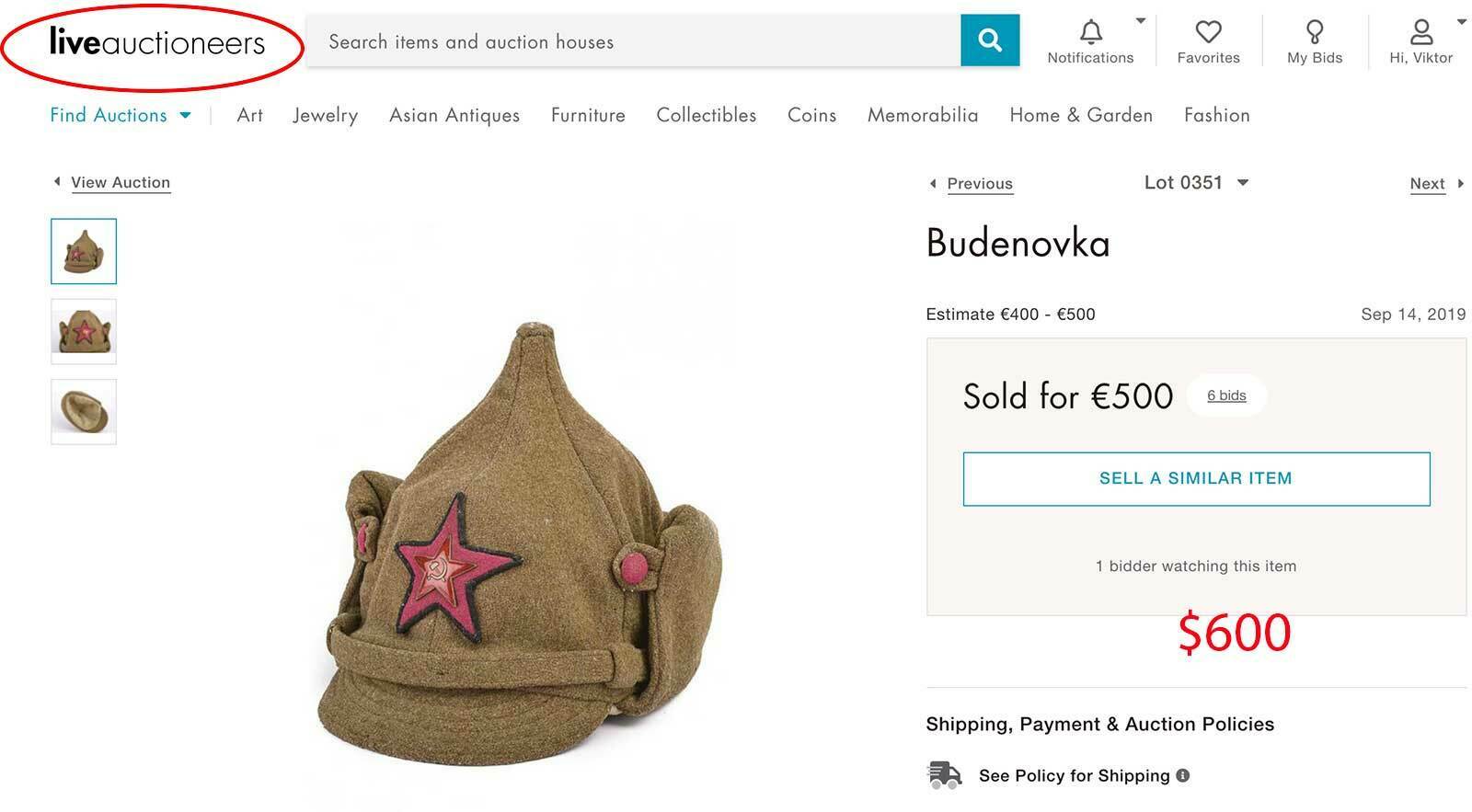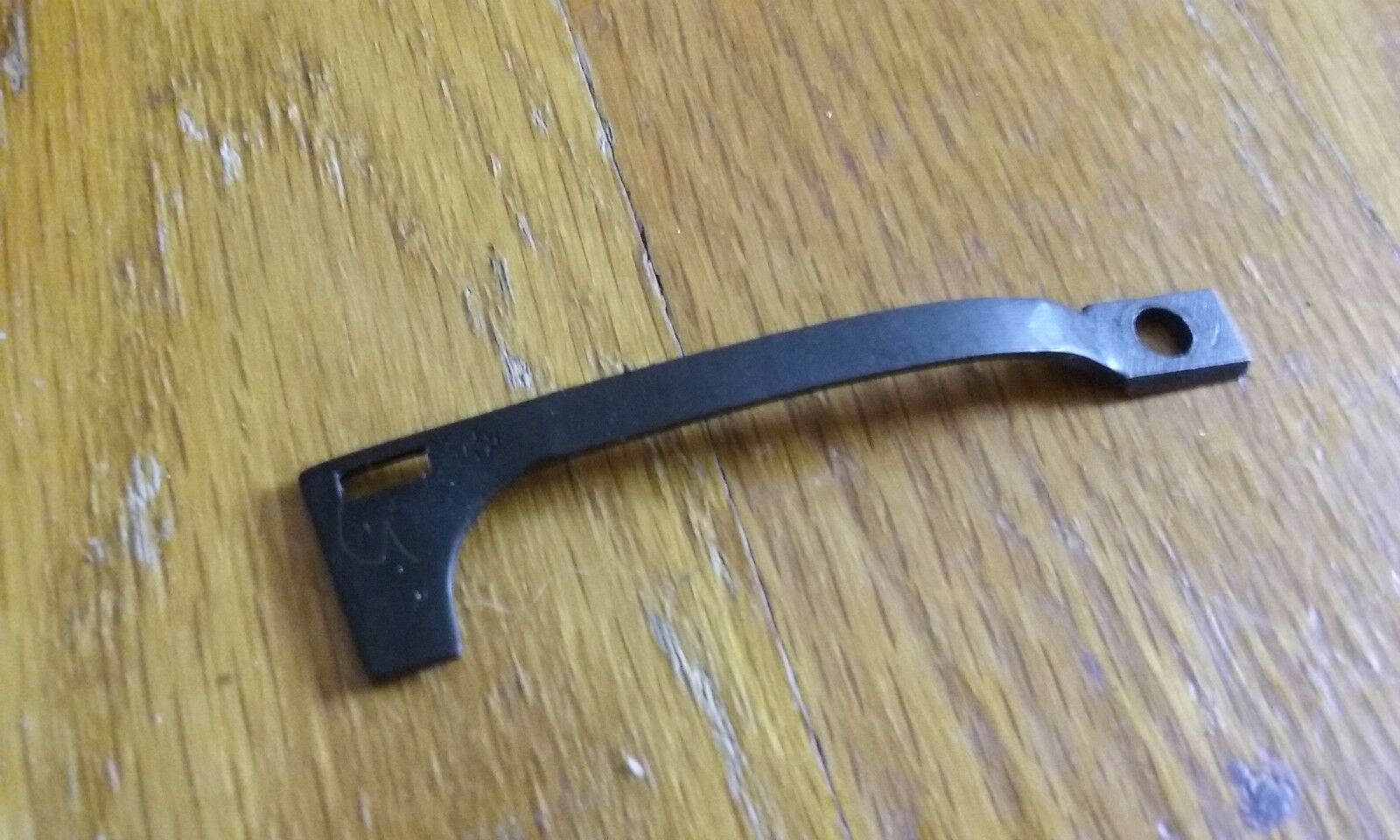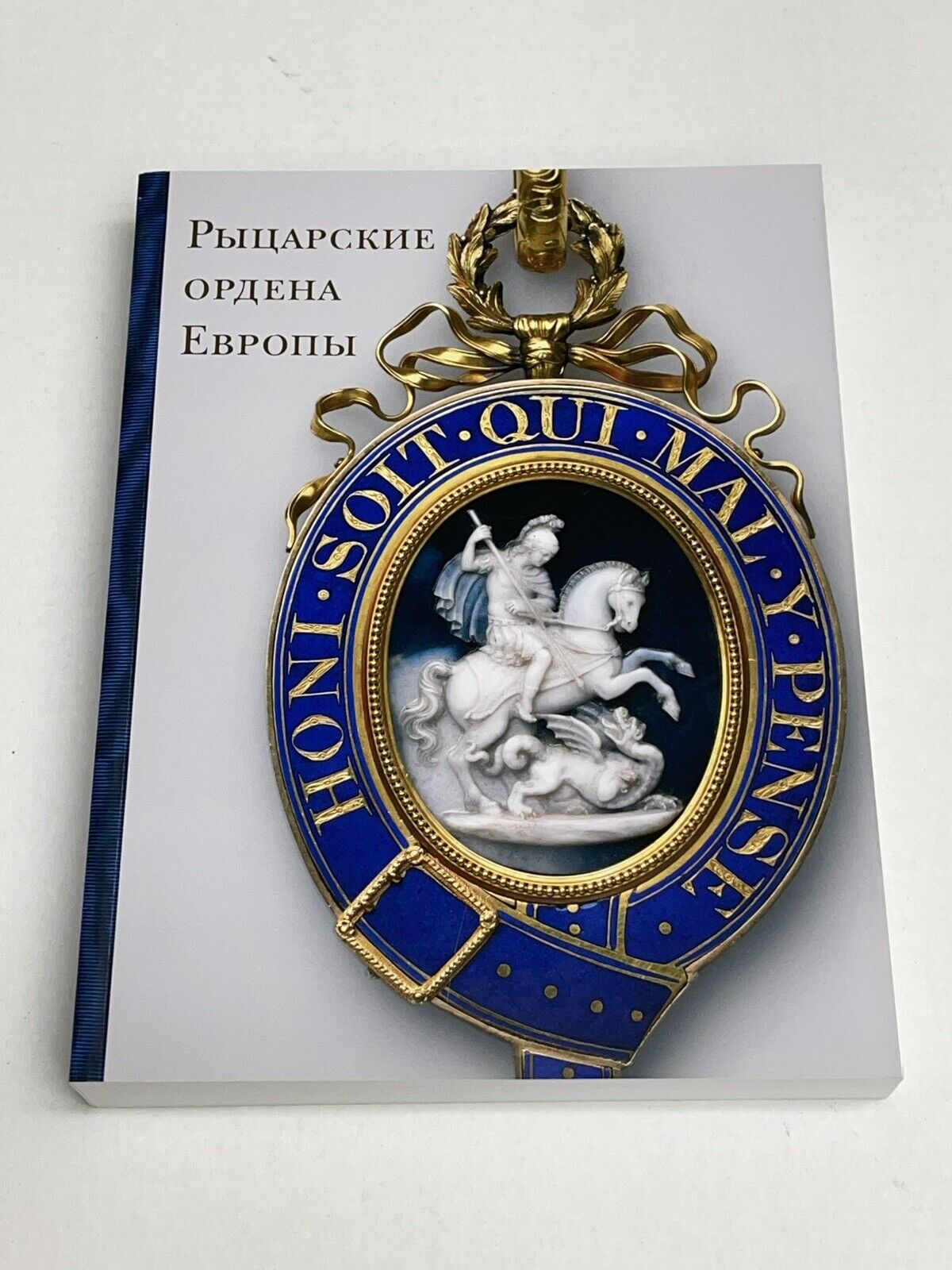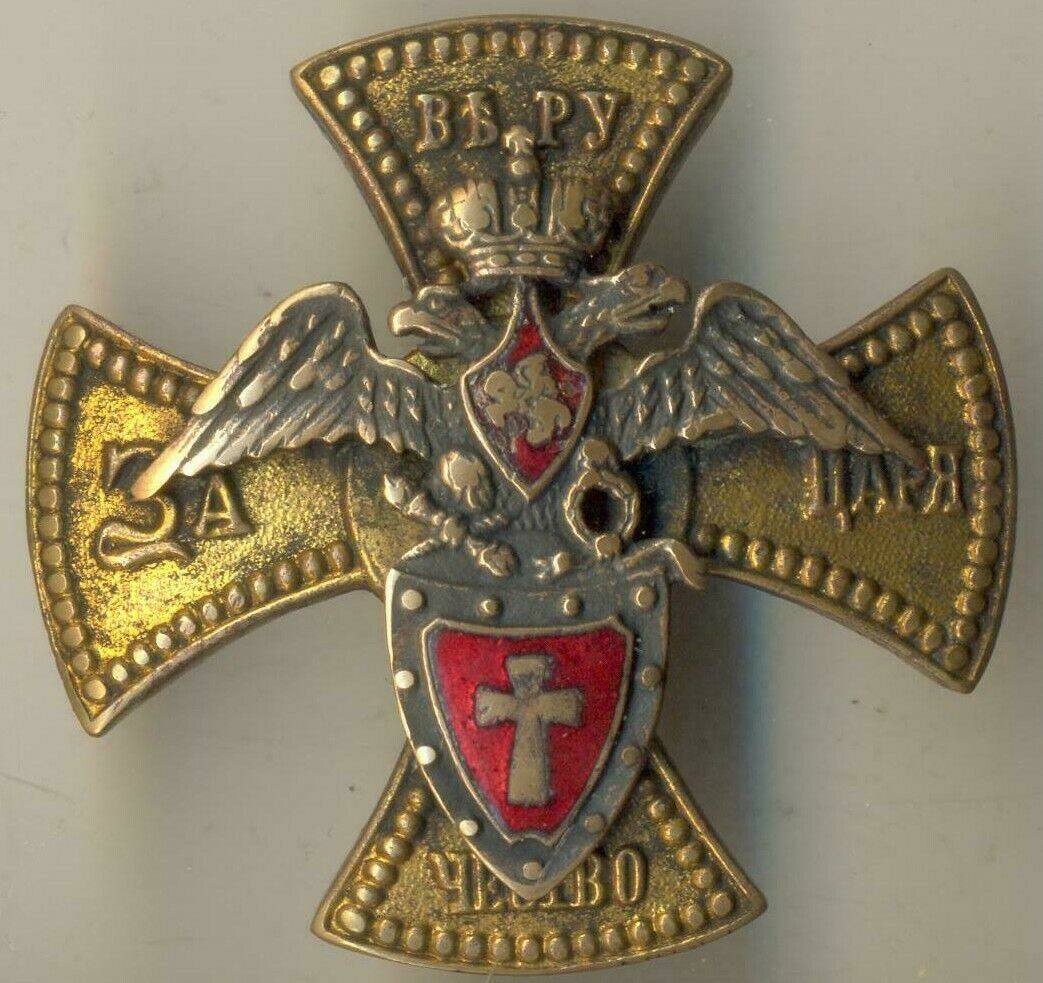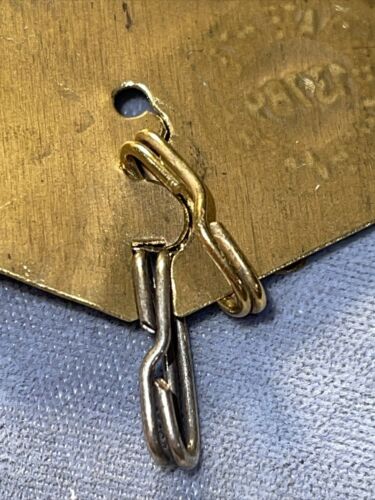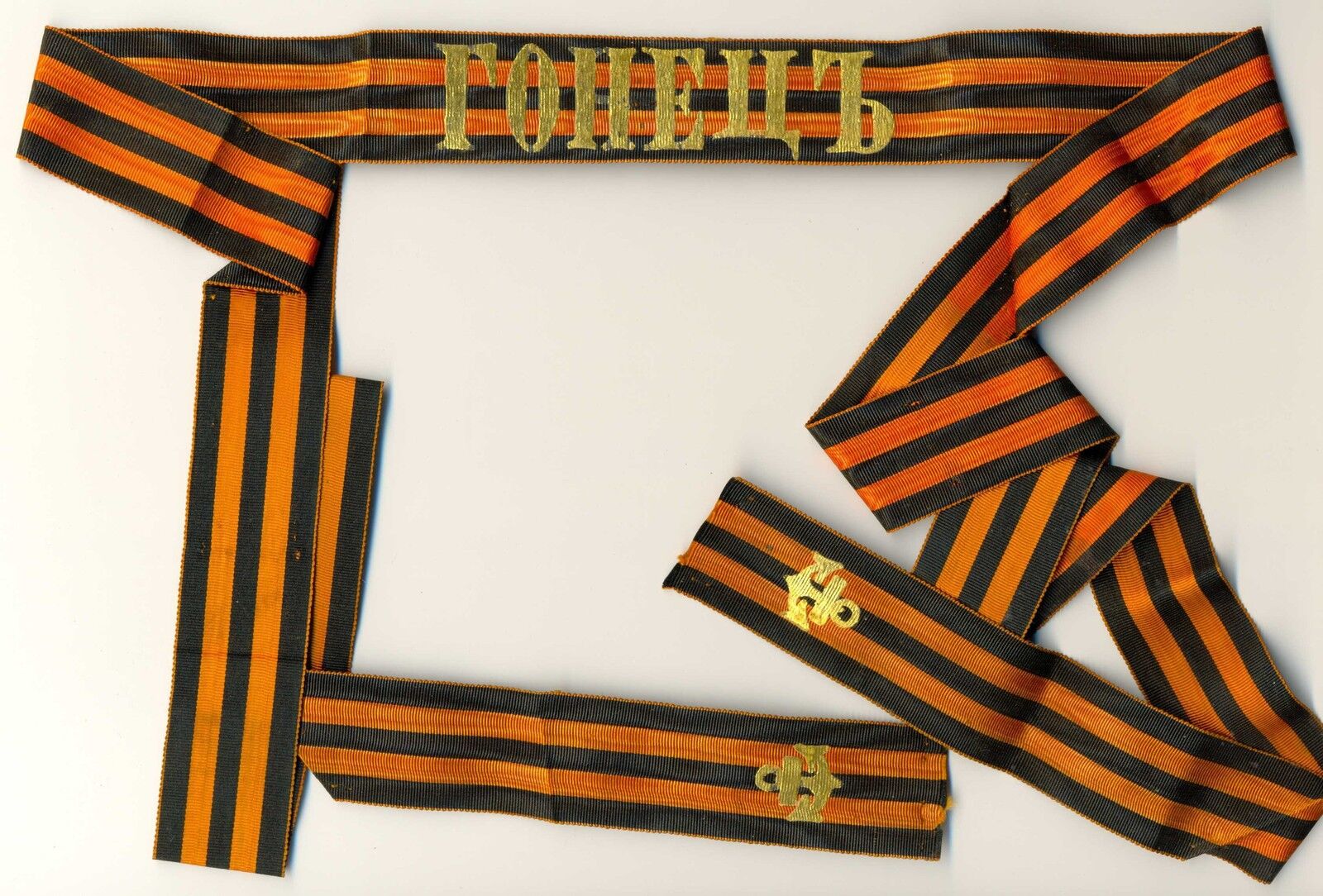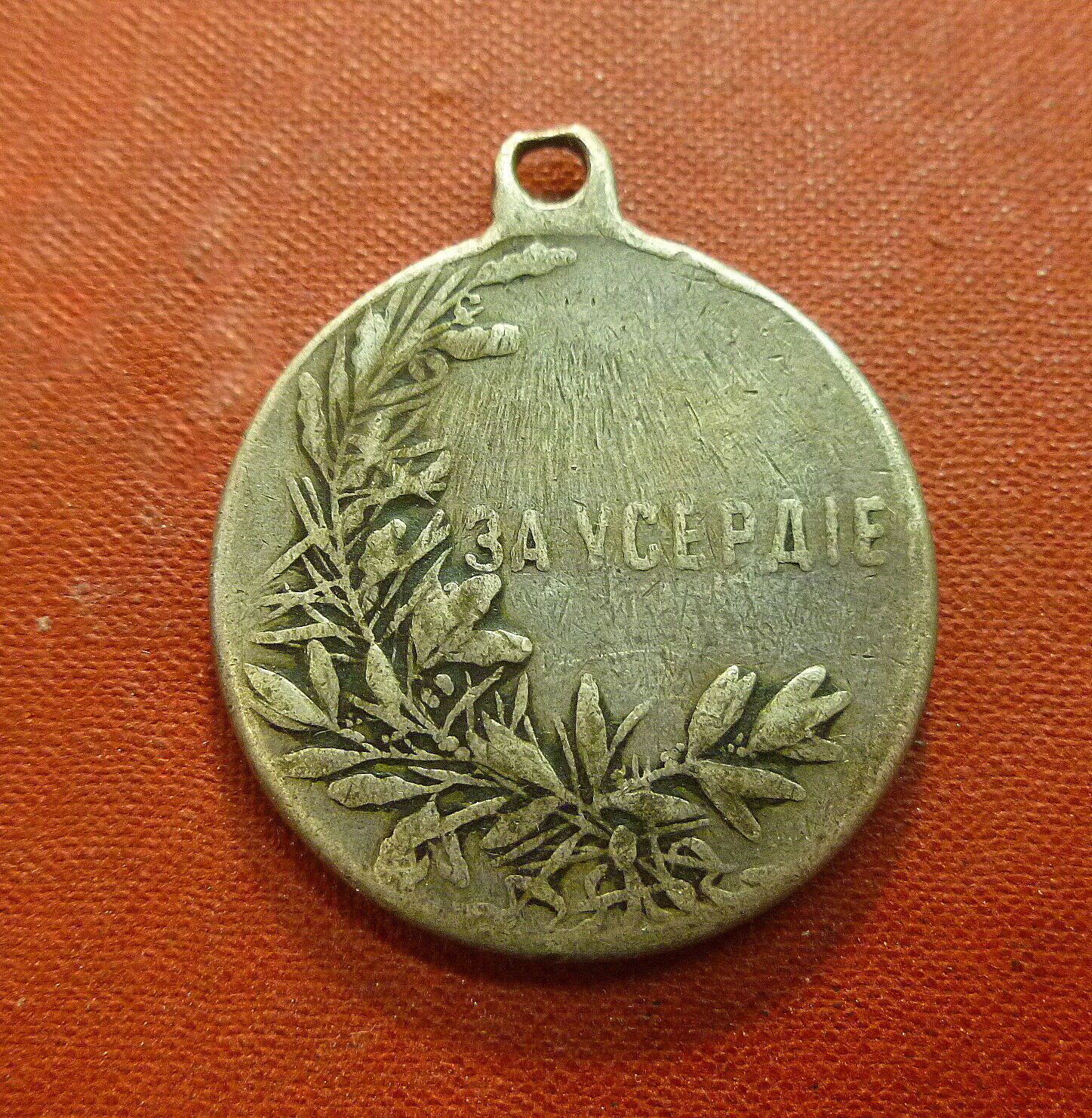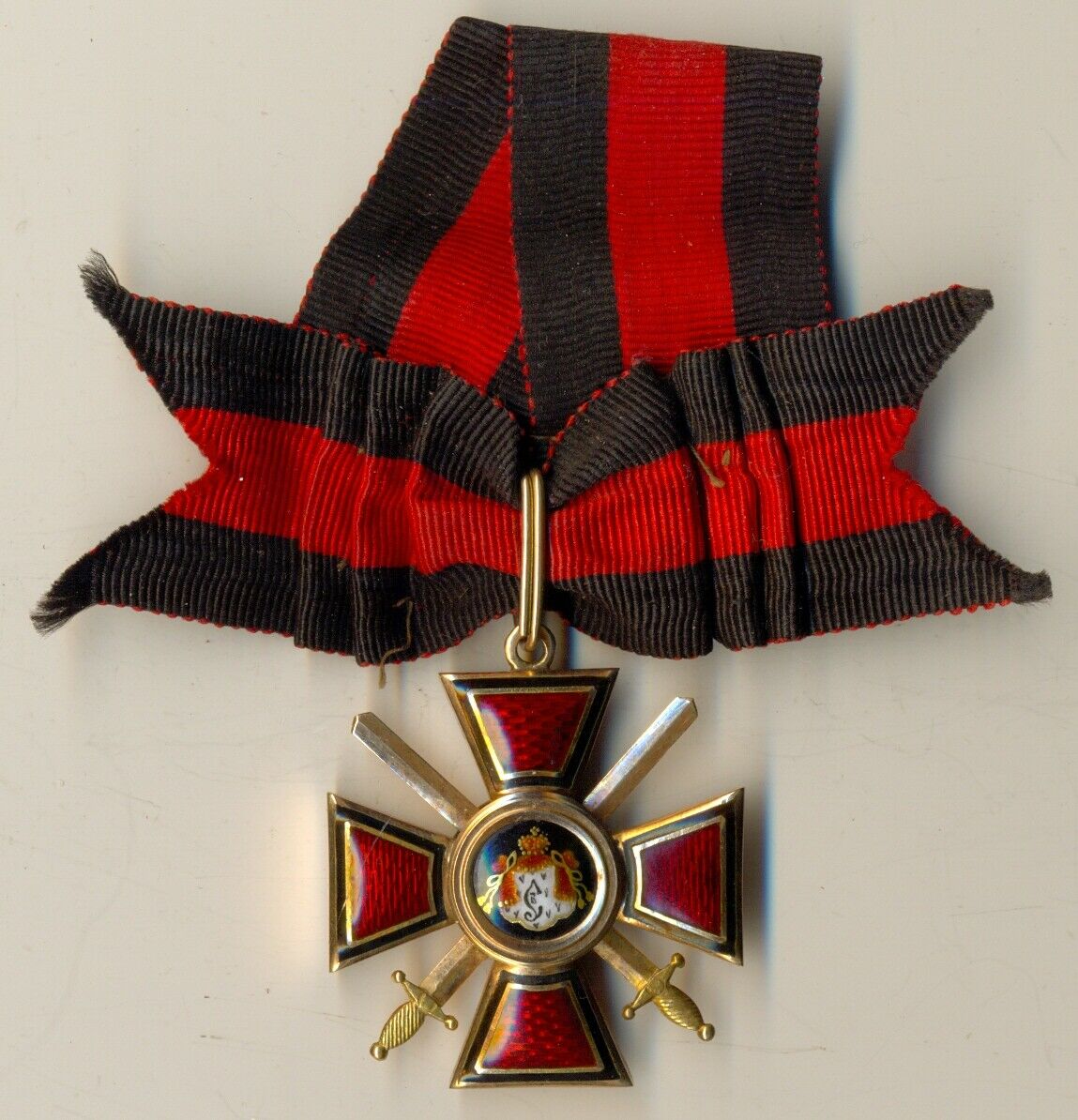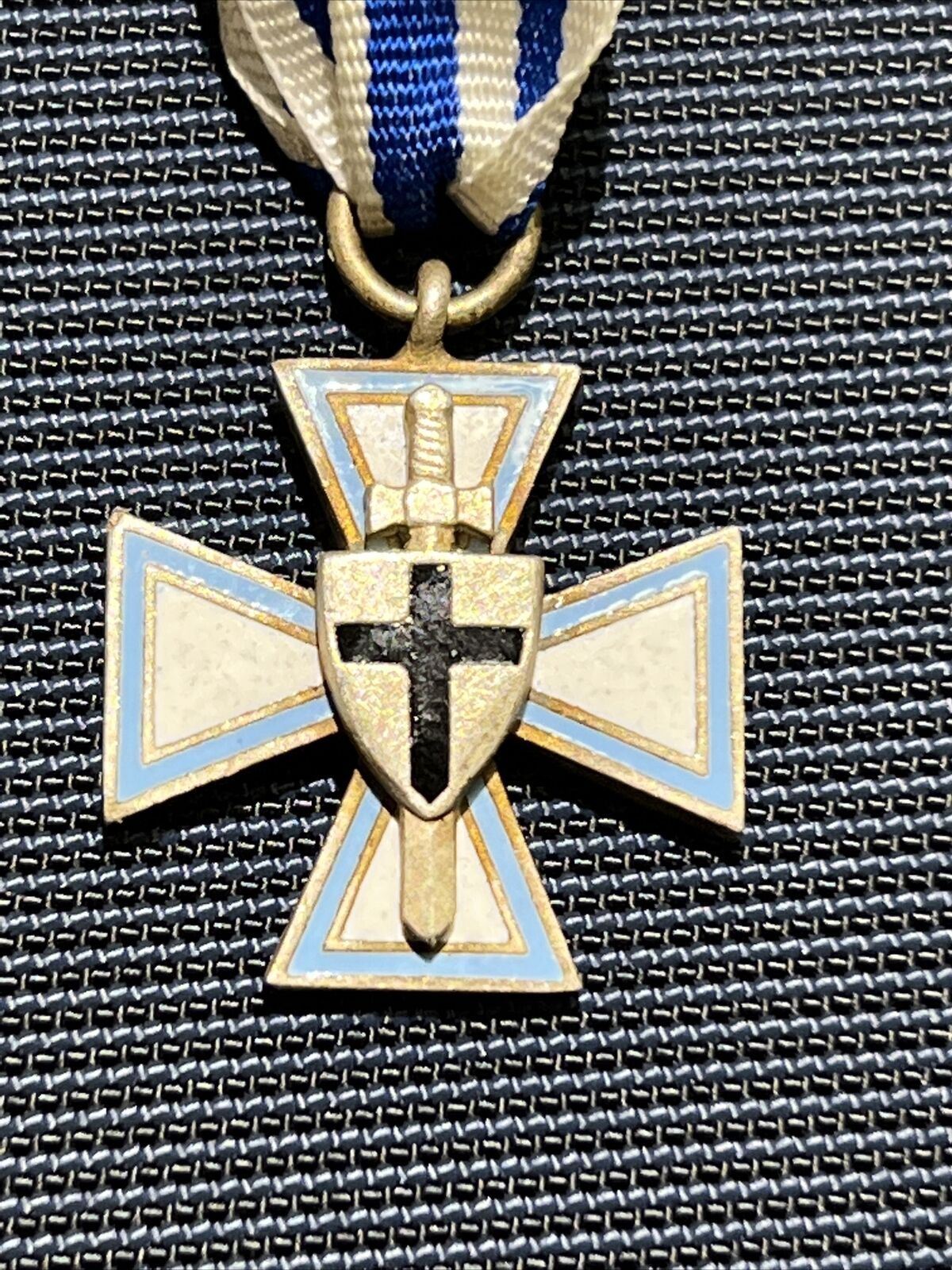-40%
WWII SOVIET RUSSIAN RED ARMY BORDER GUARD BUDENOVKA, HAT
$ 422.4
- Description
- Size Guide
Description
RARE WWII SOVIET RUSSIAN RED ARMY BORDER GUARDBUDENOVKA
, HAT
Nice condition for its age. Rare with green cloth star for border guards.
Budenovka for boarder guard is an extremely rare compared with budenovka for Red Army or Cavalry.
ESTIMATE PRICE
: 0 - 0.
HISTORY of SALES
: A few years ago Russian Red Army budenovkas (not for Border Guard) were sold on Live Auctioneer for
0, 0
and
0
- please see the screenshots.
OFFER
: If an item is NOT SOLD, you can still give us a reasonable offer - please save the link of this page.
PAY in PARTS
: You can pay for any item during 2-3 months. Just make a deposit 10% and the item will wait for you.
SHIPPING
: Combined shipping is available - next item will be ONE DOLLAR for shipping.
NEW
: Returning customers will have 50% DISCOUNT on shipping.
WIKIPEDIA
: A budenovka is a distinctive type of hat, an archetypal part of the Communist military uniforms of the Russian Civil War (1917-1922) and later conflicts. Its official name was the "broadcloth helmet". Named after Red Army cavalry commander Semyon Budyonny, it was also known as the "frunzenka" after the Commissar Mikhail Frunze. It is a soft, woolen hat that covers the ears and neck. The cap features a peak and folded earflaps that can be buttoned under the chin. It has been a very important part of the Russian revolution. The hat was created as part of a new uniform for the Russian army by Viktor Vasnetsov, a famous Russian painter, who was inspired by the Kiev Rus helmet. The original name was bogatyrka - the hat of a bogatyr - and was intended to inspire Russian troops by connecting them with the legendary heroes of Russian folklore. Bogatyrkas were meant to be a part of a new uniform, so they had already been produced during World War I, but hadn't been officially adopted. Another version, quite popular in Russia, is that bogatyrkas were designed for a military parade as a part of a "historical" stylized uniform (which also included an overcoat with "designer" cross-pieces, which evoked those worn by the Streltsy in the 16th to 18th centuries, which also were used in the Red Army to a limited extent). Some Russian historians even speculate the parade in question was a supposed victory parade in Berlin. Some view the bogatyrkas as an evolution of the bashlyk conical hoods worn by the Russian military since the mid-19th century. During the Russian civil war, communist troops, who had no obligation to comply with the uniform standards of the Imperial Russian army, used bogatyrkas, as they were abundant and distinctive. Bogatyrkas were commonly decorated with red star pins as a distinguishing mark. Such decorations were often makeshift, but later were standardized, and a bigger star badge of broadcloth was sewn to the front of the hat, typically red but in some cases blue (for cavalry) or black (for artillery). This allowed the communists to use the image of "Red bogatyrs" fighting the old Russian system, employing the original idea by Vasnetsov. At this time the hat was renamed the Budenovka after Semyon Budyonny, the commander of the First Cavalry Army, as the hat (with the blue star) was particularly popular with cavalry units. It was also called the Frunzenka after Mikhail Frunze, one of Bolshevik army leaders.
